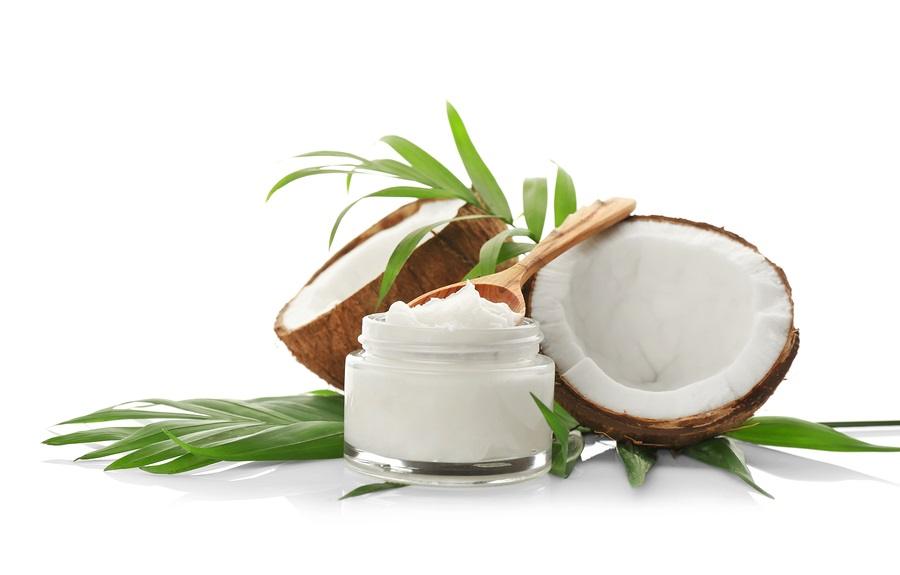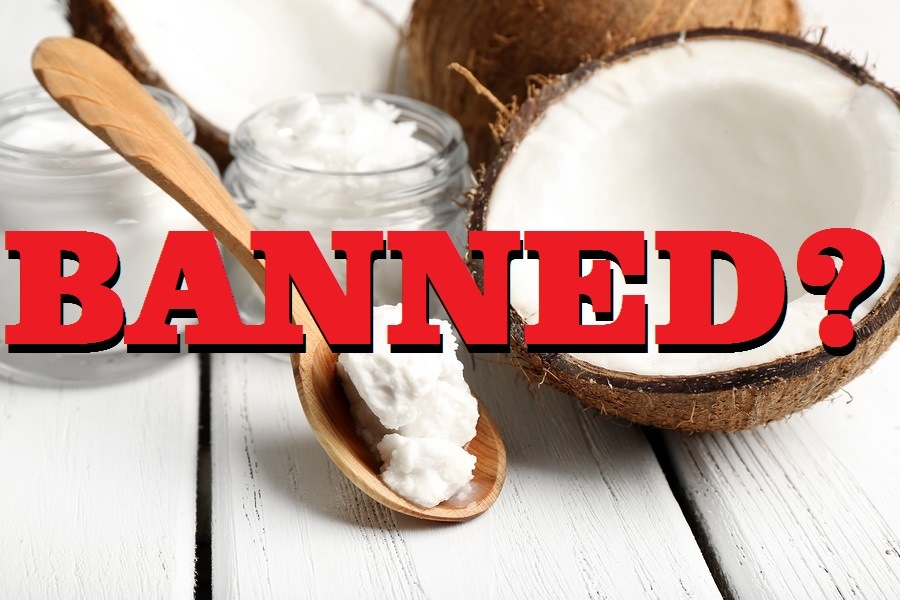New Coconut Oil Studies: Antioxidant Effects Protect Liver and Kidneys – Reverses Effects of Chemotherapy
New research from Nigeria shows how virgin coconut oil can have protective health benefits due to its high amounts of antioxidants. One study looked at the effect of virgin coconut oil when supplemented in a diet high in consumption of heated vegetable oils, and how virgin coconut oil protected the liver and kidneys, and the other study looked at how virgin coconut oil can reverse the free radical damage done by cancer chemotherapy drugs. Virgin coconut oil, depending on how it is processed, is much higher in antioxidants than refined mass-produced coconut oils. It is not surprising that scientists and researchers in Africa are exploring the benefits of coconut oil, which is native to many tropical African countries, after being deceived for many years by western thinking that coconut oil is harmful due to it being a highly saturated fat.







